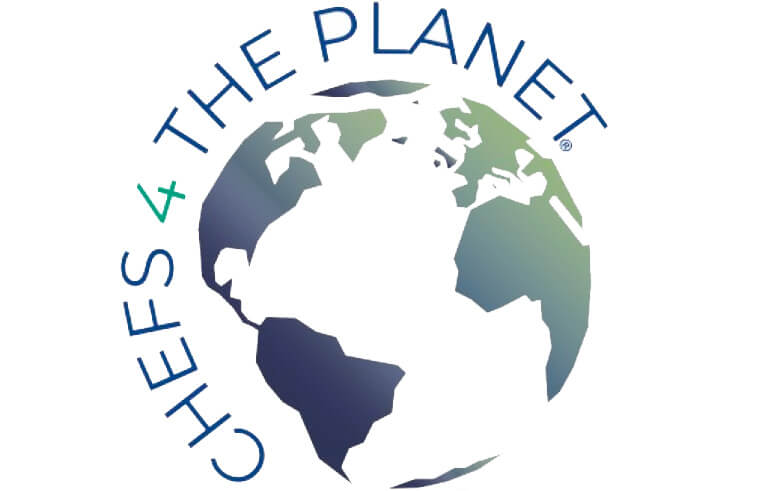Food systems contribute to nearly 30 percent of greenhouse gas emissions (GHGE) yet are rarely included in climate change mitigation policies. Since 2013, the ten campuses of the University of California have been finding ways to reduce greenhouse gas emissions through their Carbon Neutrality Initiative.
The case study of integrating climate and food policies in higher education was published this year in the journal Climate Policy. “The UC is a leader in climate and food research, and has major policy initiatives for mitigating climate change and for promoting healthy, sustainable food systems,” wrote the authors.
The initiative covers three scopes of GHGE. Scope 1 involves mitigating campus-generated emissions from sources like campus vehicles. Scope 2 covers purchased energy causing indirect emissions on campus.
The third scope is indirect emissions from food systems. The UC’s target for 2025 is to reduce emissions by 42 to 55 percent. The research has “implications for broader climate policy in terms of food systems’ high GHGE, the health, environmental, economic and social benefits of food system changes, and ways these changes could be implemented.”
Read the rest here: https://www.sciencetimes.com/articles/27641/20201009/university-california-greenhouse-gas-emissions.htm


